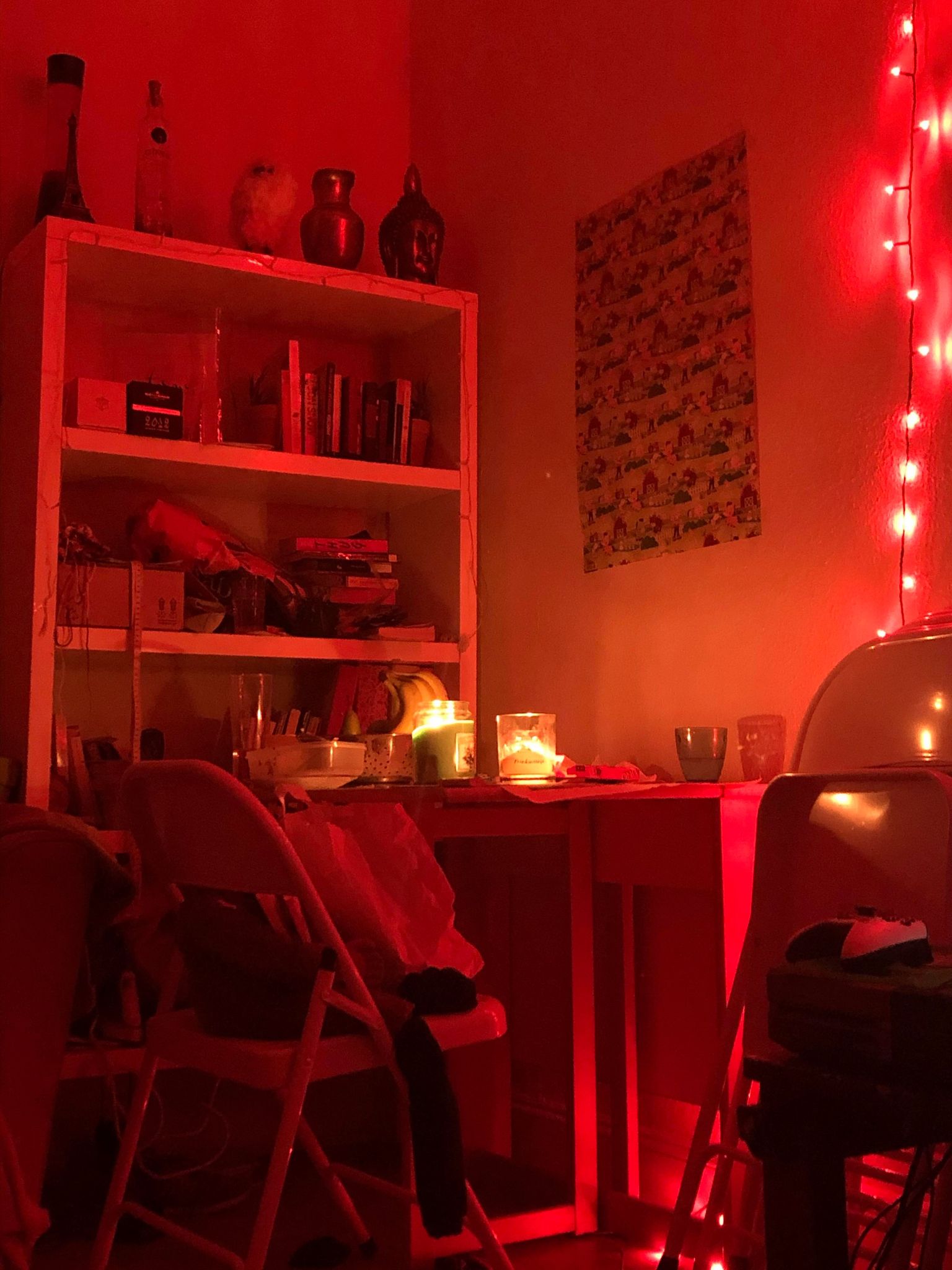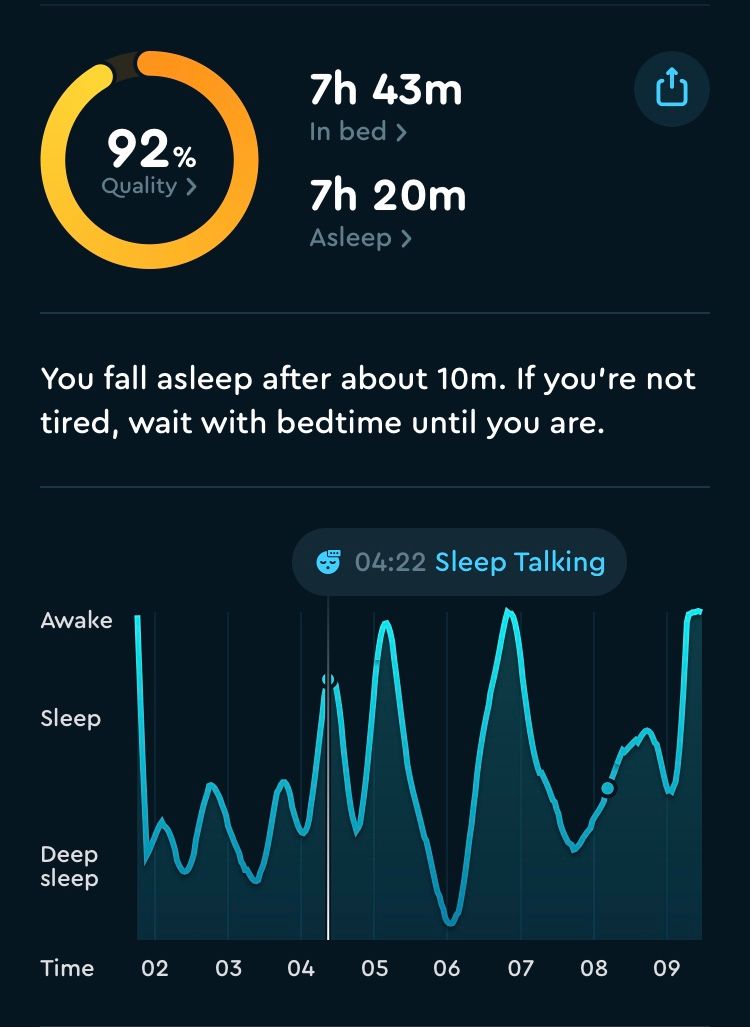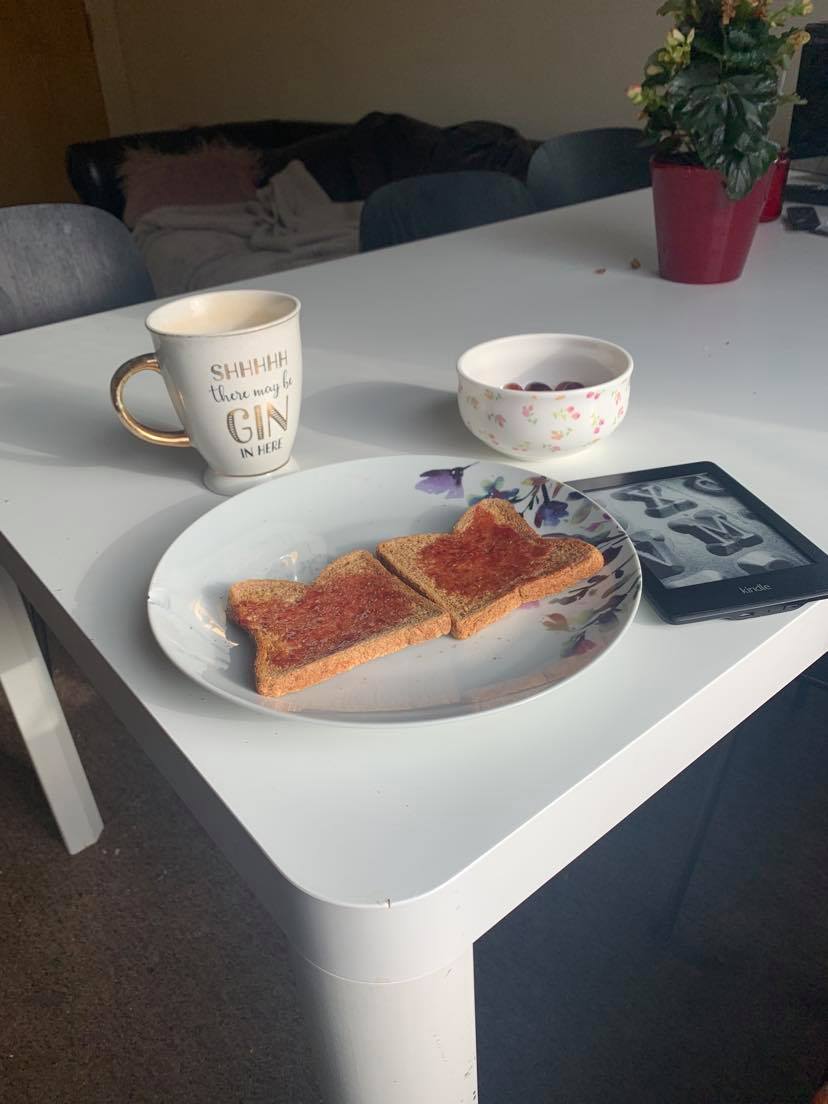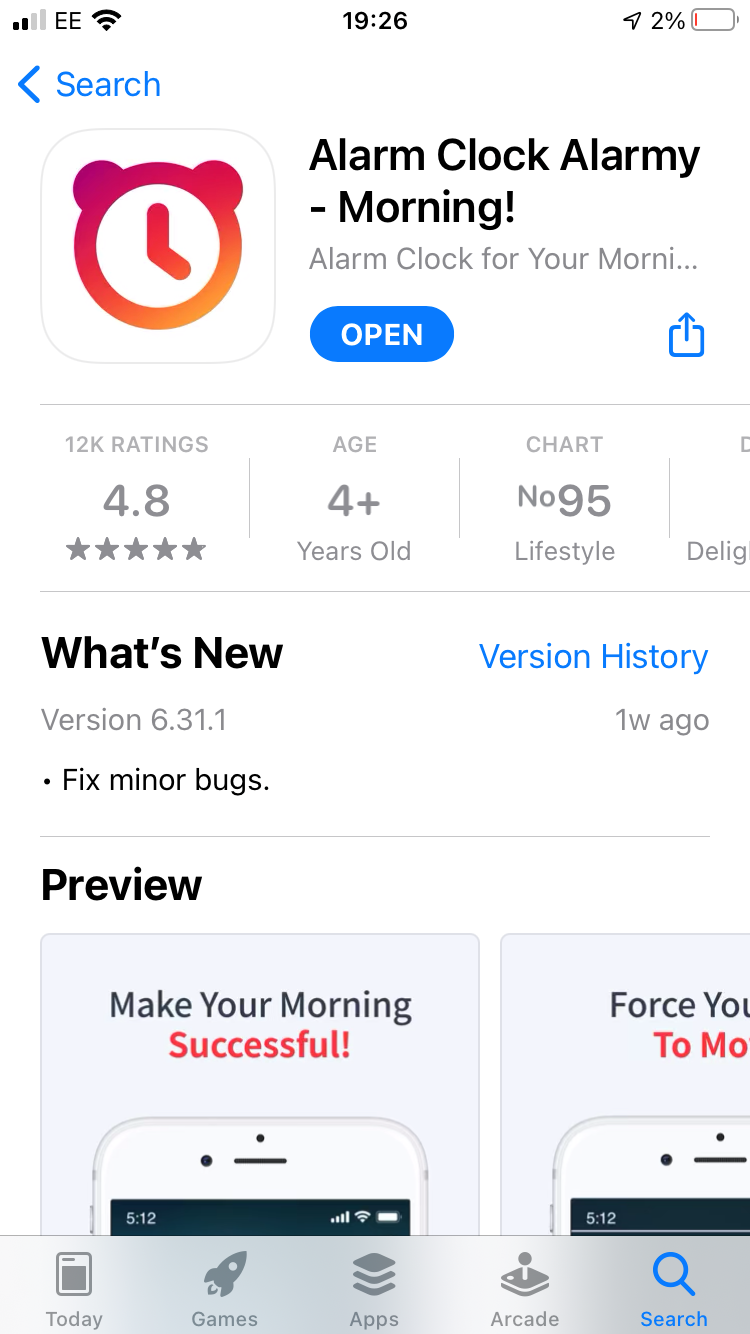By Eve Coleman, Rosie Angel-Clark, Elena Venturelli, Sanjana Idnani and Georgiana Scott
The Croft Magazine // In this stressful time of deadlines, it can be tough to get enough good quality sleep. Our editors share their discoveries that have helped their sleep improve, from quick hacks to routine switch-ups.
Eve's tip: create your perfect routine
It’s safe to say that my sleep schedule is abysmal. In first year I got into the habit of sitting up until 3am talking to my flatmates and my body naturally aligned itself to this night-owl pattern. Therefore, for the past three years, I’ve struggled to wake up before 11am and when my alarm goes off for an early morning class, I normally resemble the walking dead for the rest of the day.
I know that I’m more productive earlier in the day, so this sleep schedule is certainly not beneficial to the third year work load! Copious amounts of caffeine are often needed to fuel my late library sessions and I have been known on several occasions to fall asleep upright while doing my readings.

My desire to stay up socialising past midnight largely stems from a frustration with the constrictions around my days – the seemingly endless list of academic tasks that I have to check off before I can relax. The wee hours of the morning often feel like my only real free time.
I’ve been trying to combat this pattern by rearranging my working hours and setting more defined boundaries around my free time. I set my alarm for 8:30am; do a few hours of work before breakfast; then take some time to relax and exercise before I sit down to my afternoon’s work. This pattern has allowed me to work ‘smarter’ instead of harder – completing my work in focused study sessions, then keeping the majority of my evenings free to relax and socialise.
In order to make the early nights and mornings even more enticing, I’ve been trying to craft my perfect wind-down and wake-up routines. Before bed, I’ll make myself a non-caffeinated warm drink, take time to do my skincare and read a few pages of fiction before nodding off.
In the morning, I try to avoid going on my phone when I wake up; instead, I write a page in my journal, drink a glass of water and try to get started on my course reading to start off my day in a productive way. I normally don’t eat breakfast until 11am and the desire for good food and coffee is the cornerstone of my early schedule! The bleary eyes are worth it for that first sweet sip of Lidl strong Italian roast – often accompanied by a quick episode of Gogglebox with my flatmates.
With my better work-life balance and a good night’s sleep, I’m feeling like a new woman! I haven’t quite mastered the early-bird life – but it’s definitely a step in the right direction and my eye bags are looking significantly smaller!
Rosie's tips: valerian tea and sleep-tracking apps
I’m a troublesome sleeper – I struggle to fall asleep, stay asleep, get up in the mornings…
Something I occasionally use to help me drift off is valerian tea. I use this one as it has a high potency and isn’t blended with many other herbs, but there are many types available, including mixes and capsules. I’m usually fast asleep within the hour, and it’s great for good quality sleep, too.

One thing to bear in mind is you might not want to use this on a night when you have to be up at a certain time – it’s good to let yourself wake up naturally or you might feel extra groggy! In these times in which we’re often in charge of our own schedules, though, it might be worth a try if you’re struggling with getting enough good quality sleep.
Of course, this may not work or be suitable for everyone – please make sure you contact a doctor if you’re having severe or long-term sleep difficulties.
I’ve also recently discovered the app ‘Sleep Cycle’ which tracks your sleeping patterns, lets you know how long you slept for and even records you through the night.

Having discovered just how much I talk in my sleep, I now can't let it go and have let my free trial run out, voluntarily paying the £24.99 a year subscription. I've also near enough forced it on all my friends, who are now just as invested as I am.
Sanjana's tip: take the morning slowly
In the mornings, I have a tendency to want to feel constantly switched on and jump into work, or reading the news, or scrolling through my feed. This week, I tried out having a ‘slow morning’.
Proponents of a ‘slow morning’ include waking up early and setting aside some me-time. It is a time of quiet solitude, away from 24-7 media, schedules and deadlines. I woke up at 8am, allowing myself a five-minute snooze, and then moved downstairs for a cup of tea, some fruit and some toast.

I spent an hour reading in the living room and this was an especially serene environment as the sun streamed through the window and the birds were chirping sweetly. A slow spring morning was the most refreshing things I had done in a while and I would definitely recommend it!
Elena's tip: move your body
The hardest part of sorting out my sleep cycle has been getting up when my morning alarm goes off. Staying awake when I feel so tired feels impossible. Sometimes I snooze my alarm repeatedly every 10 minutes for a few hours straight and still don’t get up.
Last week I tried a new strategy: massive movement. When I wake up now, I jump up from the bed as fast as I can and immediately get dressed as if I’m late for something important. Playing an energetic song or humming a fast beat in your head also helps. It only takes about one minute of continuous massive movement to destroy the invisible pull towards my bedsheets.
I’ve found that the more energy I use, the better this works. Not only does this get me up on time, it is a valuable life lesson that energy creates more energy! Now, even if I’m tired during work or after lunch, I jump around until I feel more energised.
Georgiana's tip: give your brain a work out!
I am a chronic snooze button abuser. Every morning is the same; my first alarm goes off only to begin a tortured two hours of hitting the snooze button every five minutes. With coursework deadlines looming and my housemates getting increasingly irritated by the endless reverberation of ‘apex’ or ‘beacon’ that rings through my walls every day – I was willing to try anything.


One friend suggested the app ‘Alarmy’ – where in order to shut off the alarm, you have to complete a series of maths questions. He claimed it had 'changed his life’, so I hesitantly downloaded it and gave myself three calculations set at a ‘hard’ level of difficulty.
Instant regret. I had completely overestimated my mathematical ability at that time in the morning and through blurry eyes, I was trying to add up numbers such as 78, 67, 92 only to keep getting the same incorrect answer.
Eventually, I stumbled through all three with sheer rage – why on earth had I voluntarily put myself through this?! I, of course, immediately tried to go back to sleep, only to be met by an alien feeling of alertness. Had it actually worked?! For the first time ever, my mind wasn't trying to drag me back to dreamland, but instead it was racing with all the things I needed to get done that day.
After a week of using it the effectiveness did slightly wear off, but it continues to be a game-changer. And if it works for me, I promise it will most certainly work for you.
Featured image: Epigram / Eve Coleman









